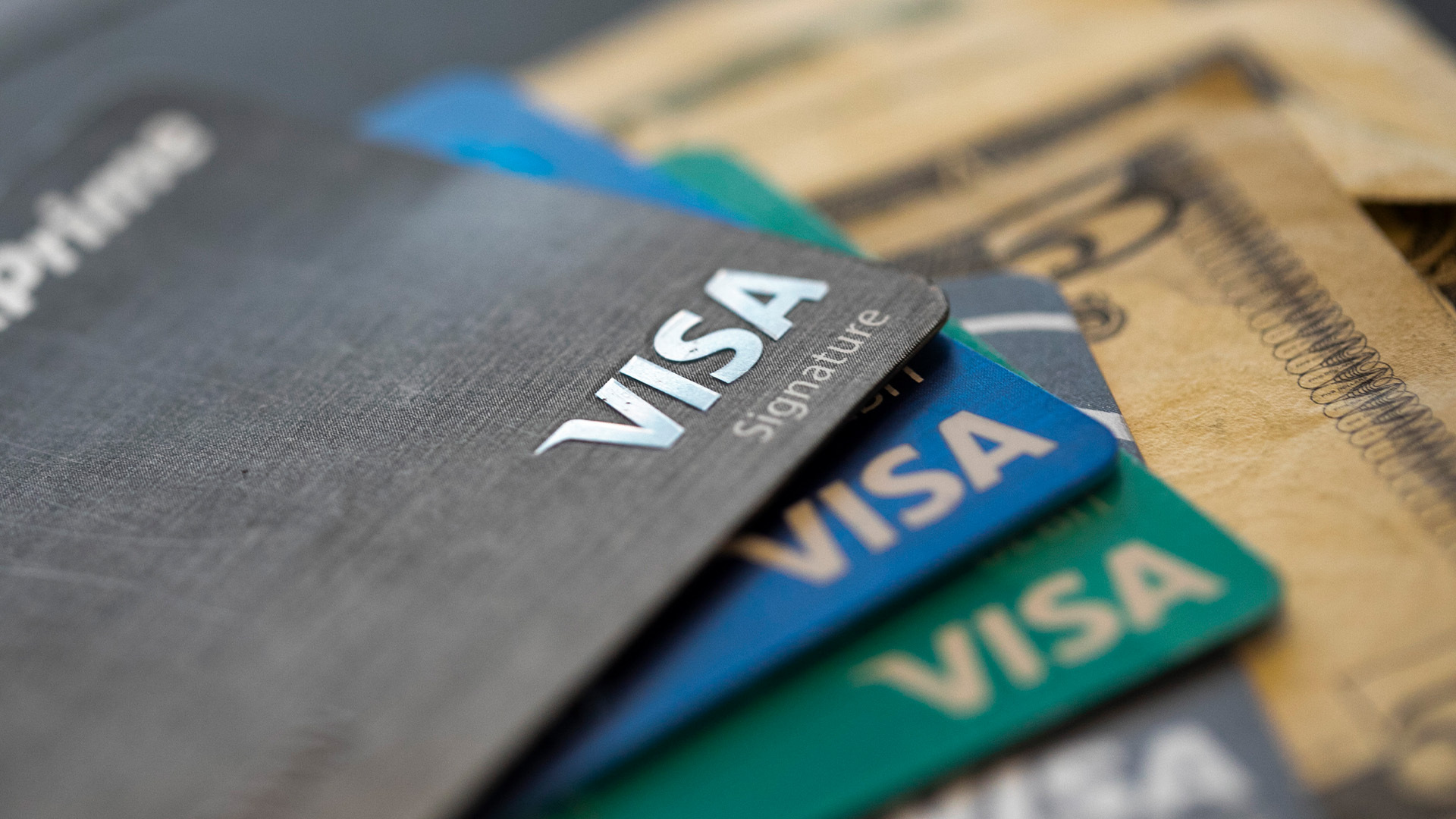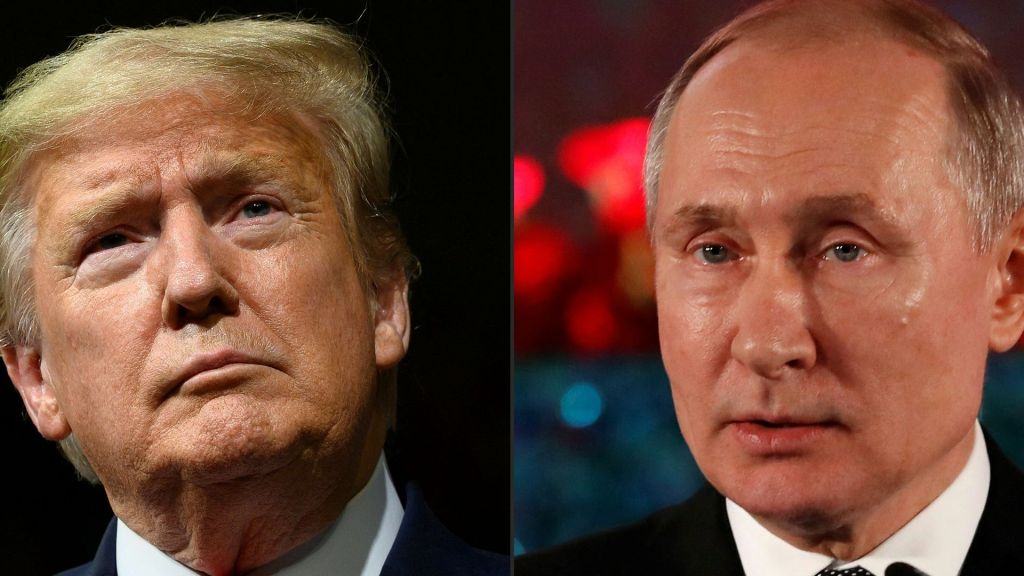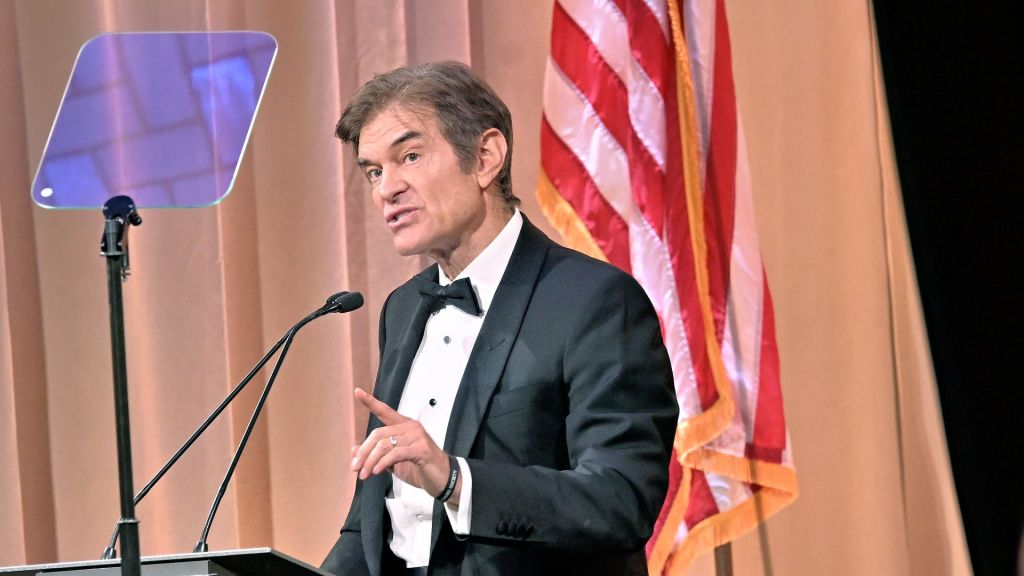
MERRICK GARLAND:
We allege Visa is a monopolist in the debit transaction markets that is violating federal antitrust law and inflicting often hidden but significant harm on American consumers and businesses.
Simone Del Rosario
The Department of Justice announced a lawsuit against Visa Tuesday, accusing the payments giant of anticompetitive practices in the debit card market.
MERRICK GARLAND:
Visa deploys a web of unlawful anti-competitive agreements to penalize merchants and banks for using competing payment networks. At the same time, it coerces would-be market entrants into unlawful agreements not to compete by threatening high fees if they do not cooperate, and promising big payoffs if they do.
Simone Del Rosario
The crux of the complaint is that Visa makes deals with vendors to prevent them from using other payment processors. This, in turn, hinders other processors from scaling up their business. If a merchant doesn’t adhere to Visa’s “volume commitments” to use it for most of their transactions, they can reportedly rack up big-time fees.
The DOJ pointed to a situation where they claim Visa had a contract with Square, the operator of CashApp, to stop it from competing.
MERRICK GARLAND:
or as a visa executive stated quote, we’ve got square on a short leash
Simone Del Rosario
Meanwhile, the DOJ claims Visa’s anticompetitive practices forced merchants to pass on fees to consumers.
MERRICK GARLAND:
As a result, Visa’s unlawful conduct affects not just the price of one thing, but the price of nearly everything.
Simone Del Rosario
The Justice Department says more than 60% of debit transactions in the U.S. are done on Visa’s network, allowing it to take in more than $7 billion in fees every year.
It’s unclear at this time what the remedies would be if Visa were to come out on the losing side of a ruling.
The probe did not come as a surprise to the company. It disclosed the investigation in a 2021 filing with the SEC. But still, Visa plans to vigorously fight the charge.
“Today’s lawsuit ignores the reality that Visa is just one of many competitors in a debit space that is growing, with entrants who are thriving,” Visa’s General Counsel Julie Rottenberg said in a statement emailed to Straight Arrow News.
For more specifics on what Visa’s being accused of and how it might impact the card in your wallet, we’re tapping antitrust expert and former FTC Chair and Commissioner Bill Kovacic.
Simone Del Rosario
Thanks for joining us and letting us lean on your expertise here. I’m wondering if we can, first off, if you can explain in layman’s terms what visa did wrong in the eyes of the government.
BILL KOVACIC | FORMER FTC COMMISSIONER
The case focuses on the debit card market. And the allegation is that Visa has achieved a position of monopoly power in debit cards in North America. Attaining a monopoly by itself is not illegal under the antitrust laws. It’s not enough to be big. You have to be bad as well. And the bad behavior that’s alleged is that they essentially did two things. One is that they signed contracts that had the tendency to bind users to their network to the exclusion of other networks, a condition often appearing in these contracts was one that skewed users decisively to their own network and imposed penalties on merchants and other networks when users deviated from that. The second is that they forestalled innovation in the debit card market by making substantial payments to enterprises, some of them, such as Apple, PayPal, that might have been entrance into the issuance of debit cards and the development of debit card networks, made payments to them to stay on the sidelines and not engage directly in that market, to convert them from in the ones that one at one words of one executive quoted in the DOJ complaint, from being competitors to being partners, and that had the effect of diminishing entry into the market and competition that would have taken the form of innovation. So those two are the bad acts that are said to have solidified Visa’s position and enabled visa to charge much higher fees than they would have otherwise.
Simone Del Rosario
And it would make sense for merchants to obviously not want to get shut out of Visa’s market share and thereby agreeing to their terms. In your opinion, has the government laid out a strong case?
William Kovacic
If the government can prove the case and if Visa’s justifications are not impressive. This is a formula that the Department of Justice is using effectively to build cases going back a number of decades, but especially over the past decade. The essential argument is that you buy off rivals to stay out of the way, and that you Impose exclusivity arrangements in your own contracts that make it harder for existing rivals to gain broader scale. Those arguments have been arguments that the DOJ has used with considerable success. The real question is, Visa gets a chance, of course, to contest whether or not it is so powerful. But second, to present evidence that saying everything we do is good for our users, we give users a better experience. It’s good for the merchants in our network. It’s good for the end users, the consumers. So to the extent that we’ve succeeded, we have only succeeded by doing things that make our Merchant partners and our consumers better off.
Simone Del Rosario
We’ve been hearing that in antitrust cases, this argument that we’re just better visa is also saying that the market is competitive enough. Do you think that is true?
William Kovacic
That depends a lot on evidence that’s going to be brought into the courtroom. The DOJ story suggests that visa has a market position of unusual significance, and that position is being protected effectively by a variety of practices. It’s visa that will come into the courtroom with its own empirical evidence and with its experts to say that this misapprehends The nature of rivalry in the market, both with respect to the number of participants, but the significance of each of the participants as you mentioned a moment ago, Simone, we have one side of the story here, but It is visa that will come forward and say, as they’re already suggesting, in some ways, this is a somewhat fractured view of the way the market works.
Simone Del Rosario
It’s interesting too the timing of this case, because at the same time we have Discover and Capital One trying to join together to be a better competitor to Visa. How might this case impact the scrutiny the government puts on that merger?
William Kovacic
It’s a really interesting tension here, because a starting position for the government’s analysis, and we don’t know how that will unfold in that case, but a starting position is we don’t want any further consolidation in financial services. We do not want well established players to be able to grow by means of acquisition, we hold out a great deal of confidence that they can grow and expand on their own without the benefit of acquisition. So that’s going to push the government in the direction of opposing that transaction. But at the same time, I suppose they would say in the Visa case, we want to make sure. That if firms are sustained as independent participants, that they will have the ability to grow effectively without artificial restrictions being imposed by other firms. So I suppose that the DOJ might say, we have a two part strategy here. One is not to allow additional consolidation in the marketplace, but second, to preserve a set of market conditions that make markets permeable, make them porous so that firms are able to grow and expand, especially if they have lesser significance right now, yeah, a bit of a tug of war. There is a tug of war. And I can imagine a judge. I can imagine Visa saying, well, which story is right here. That is, if we’re so awful, then we would assume you would encourage the other consolidation event to take place.
Simone Del Rosario
The DOJ didn’t offer any possible remedies. What would be the right course of action if…
William Kovacic
The logical step would be in the direction first to prohibit the specific conduct that they’re complaining about, which would be to dissolve contractual provisions that create exclusivity that tends to dampen the competitive significance of rivals, and the second might be to challenge or forbid the payments that are being made to other potential significant market players, to say the partnerships that you are pointing to are partnerships to suppress rivalry, rather than to increase it. You can’t do that anymore. So those are natural starting points here. Those are injunctive remedies that would flow naturally from the theory of the case.
Simone Del Rosario
Would that have any impact on people who are carrying visa around in their wallet?
William Kovacic
To the extent that it makes access to other debit card providers or other debit networks more readily available, would mean that, in principle, they would have the benefit of greater rivalry, more choice to turn to another debit card network and seek them out because that network is offering better terms and allows that network to grow. So the short answer is, a key theory in the DOJ case is that unmistakably, Visa Card network participants get better deals in the future.
Simone Del Rosario
We always appreciate your thoughts on these antitrust cases and breaking them down so that we can all understand it. Bill Kovacic, former FTC commissioner and the George Washington global competition Professor of Law and Policy. Thank you so much, Bill.
William Kovacic
My pleasure. Thanks for having me on.











